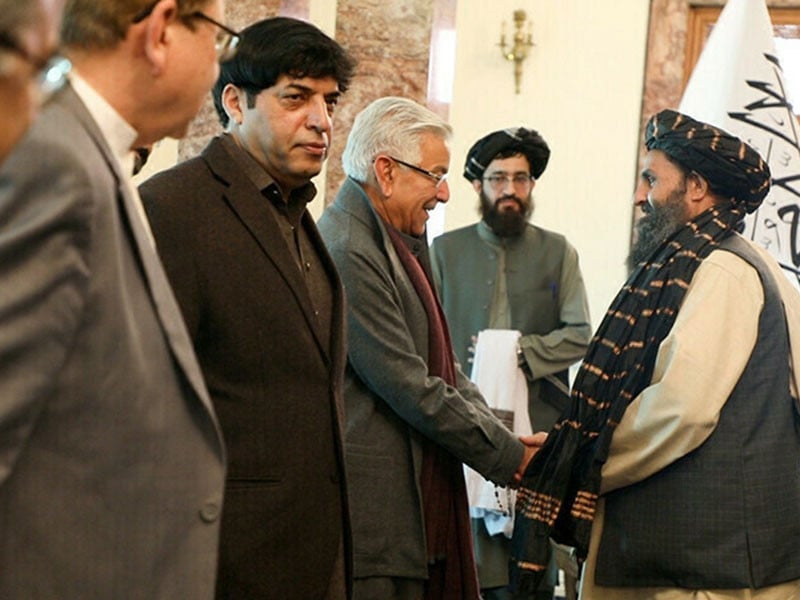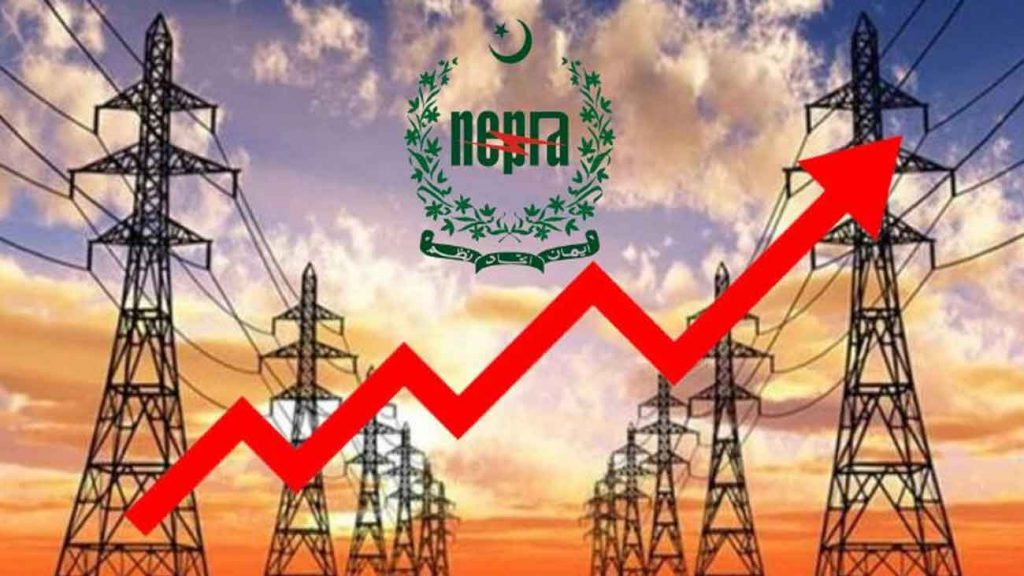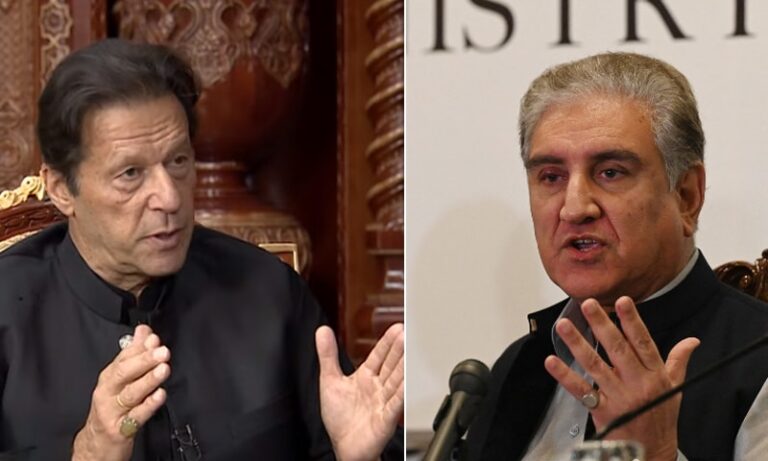Editorial
The US has long considered Russia, China, Iran, and North Korea as divergent countries that challenge the world order of liberal internationalism. However, a closer look at their actions suggests that we may be witnessing the beginning of a new era of convergence. These countries are not rogue states but pushback states that dissent against unilateralism and interventionism.
The dissent shown by these converging states has put the current world order under deep stress. Whenever two orders compete, conflict is inevitable. The converging states are creating an alternative order, and the global chaos we witness is a result of the US strategic response to prevent this order from taking shape.
The alternative order is designed to promote regional powers and empower regions to play a much more significant role in future global governance. As regional powers take on a more significant role, global governance is bound to decentralize. The UN, in the absence of effective decision-making and decision-enforcing mechanisms, will be relegated to a position of becoming a debating club where nothing serious will stop happening except common global challenges such as climate change, human rights, international laws, etc.
The US conduct as a global hegemon has only accelerated the convergence of the countries that constitute the core of this convergence. All four countries – Russia, China, Iran, and North Korea – have a similar view of what goes on in four trouble spots in the world – Western Pacific and South China Sea, Korean Peninsula, Middle East, and NATO’s Eastern flank in Europe.
The four countries claim a sphere of influence, and all four accuse NATO of inciting the Ukrainian war. They criticize the US for supporting Israel and enabling its military response in Gaza, calling it a pusher and creator of anarchy and disorder in the world. The last claim of these core states of convergence resonates a lot with the people of the Muslim world, not on religious but on principled humanitarian grounds.
The core is also expanding, as can be seen from the popularity of its actions, not just with Muslim states but with many other states. Numerous African countries that have experienced coups are now looking up to Russia and China and the alternative order they represent to seek an end to Western exploitation of their countries’ politics and resources.
In conclusion, the alternative order created by these converging states is a challenge to the current world order of liberal internationalism. As regional powers take on a more significant role, global governance will decentralize. We must acknowledge and embrace this change instead of resisting it. The future of global governance lies in regional powers, empowered regions, and a multipolar world where multiple centers of power and influence coexist peacefully.

















































